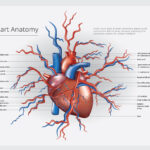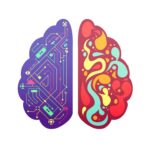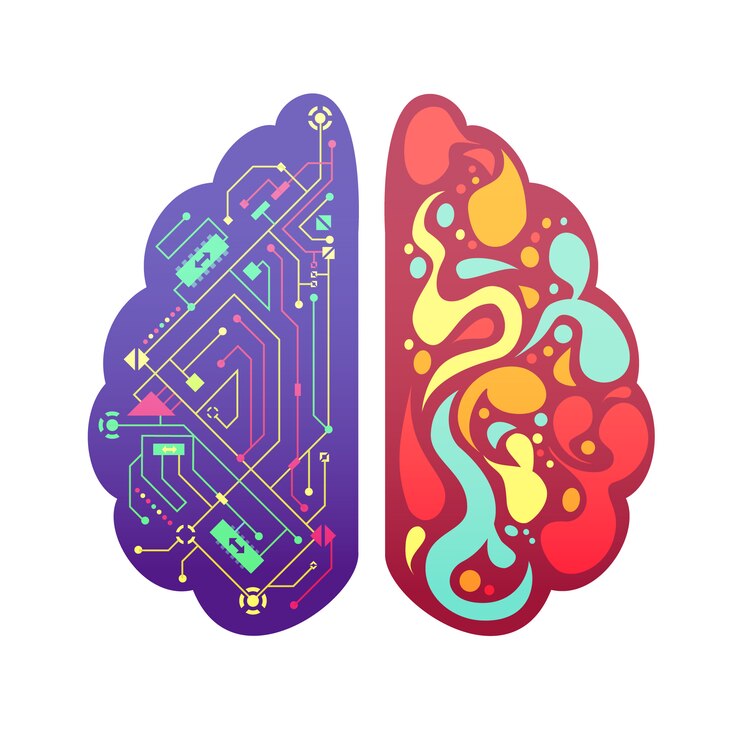Memory is a remarkable cognitive ability that allows us to store, retain, and recall information from our past experiences. It is an integral part of our daily lives, shaping our identity, influencing decision-making, and facilitating learning. Understanding the intricate workings of human memory functions has been a subject of fascination for psychologists and neuroscientists alike. In this article, we will delve into the various dimensions of human memory, exploring its stages, types, and the factors that impact its efficiency.
Stages of Memory
Human memory can be conceptualized as a three-stage process: encoding, storage, and retrieval. Encoding is the initial stage where incoming information is transformed into a format that can be stored in memory. This process involves attention, perception, and interpretation. Storage refers to the retention of encoded information over time. It is widely accepted that human memory consists of sensory memory, short-term memory, and long-term memory. Sensory memory holds sensory information for a brief moment, while short-term memory enables the temporary storage of limited information. Long-term memory, on the other hand, has a vast capacity and can retain information for extended periods, ranging from minutes to a lifetime. Retrieval involves accessing stored information from long-term memory and bringing it back to conscious awareness.
Types of Memory
Human memory can be classified into different types based on the duration and content of the information being processed. Declarative memory, also known as explicit memory, involves the conscious recall of facts, events, and personal experiences. It further subdivides into semantic memory, which stores general knowledge and concepts, and episodic memory, which preserves autobiographical events and personal experiences. Non-declarative memory, or implicit memory, encompasses skills, habits, and conditioned responses that are acquired through repetition and practice. Procedural memory, a subtype of non-declarative memory, enables the recall of motor skills and cognitive procedures. Additionally, working memory plays a crucial role in temporarily holding and manipulating information during complex cognitive tasks.
Factors Affecting Memory
Several factors influence the efficiency of human memory functions. One such factor is attention. Paying attention to relevant information enhances encoding and subsequent retrieval. Emotion also plays a vital role in memory formation, as emotionally charged events are often remembered more vividly. Sleep has been found to consolidate memories, with research suggesting that sleep deprivation impairs memory performance. Age is another factor, as memory abilities tend to decline with advancing age. However, engaging in mentally stimulating activities and leading a healthy lifestyle can help mitigate these effects. Furthermore, individual differences, such as genetics, personality traits, and prior knowledge, contribute to variability in memory performance.
Neurobiological Basis of Memory
The neurobiological basis of memory involves complex interactions among various brain regions. The hippocampus, a structure located in the medial temporal lobe, is crucial for the formation of new memories. It consolidates information from short-term memory to long-term memory and plays a vital role in spatial navigation. The prefrontal cortex, responsible for executive functions, is involved in working memory and retrieval processes. The amygdala, an almond-shaped structure, assigns emotional significance to memories and facilitates their storage. Neurotransmitters, such as acetylcholine and dopamine, also modulate memory processes, influencing attention, consolidation, and retrieval.
Memory Disorders
Memory disorders can significantly impact an individual’s quality of life. Amnesia, characterized by the inability to recall past events or form new memories, can be caused by brain trauma, neurodegenerative diseases, or psychological factors. Alzheimer’s disease, the most common form of dementia, results in progressive memory loss and cognitive decline. Other conditions, such as Parkinson’s disease and Korsakoff’s syndrome, can also lead to memory impairments. However, advancements in neuroscience continue to shed light on these disorders, offering hope for early detection and potential interventions.
Human memory is a multifaceted phenomenon, encompassing a complex interplay of cognitive processes and neural networks. The stages of encoding, storage, and retrieval, along with different types of memory, shape our ability to acquire knowledge, remember experiences, and adapt to the world around us.
Understanding the factors that influence memory functioning is crucial for optimizing cognitive performance and addressing memory disorders. As our knowledge of memory expands, it not only deepens our understanding of the human mind but also holds the potential to enhance memory-related interventions and treatments in the future.





















